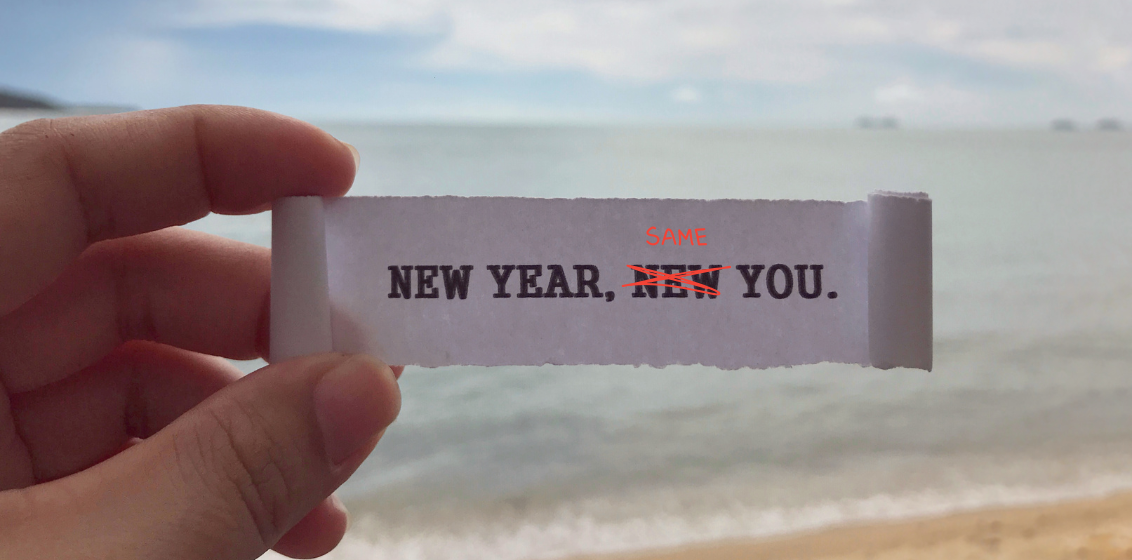Newbie Runners Tips: How Fast (or Slow) Should I Run?

If you are trying to get a running habit started, or coming back from an injury layoff, it can be confusing working out all the ins and outs of a training program. One of the most difficult things to work out for yourself is how hard you should be running.
Here’s the take-home message: run slow to get faster and stay uninjured!
What we’ve noticed is that a lot of runners, across all levels of experience, tend towards running too hard. This is especially a problem for beginner runners, or those on the comeback trail because your body is not conditioned to the increased forces from faster running. Hard runs take longer to recover from. Adding too much stress from exercise to our usual life stress can detract from the benefits of exercise and lead to injury and illness.
When starting up a running program, the research shows us your best approach for both performance gains and injury prevention is to accumulate time at very easy aerobic intensities.
So how do you measure how hard you should be running? There are a few different methods that don’t involve any fancy equipment.
Heart Rate
If you have a fitness tracker or watch that measures your heart rate, this is an ideal way to keep your running easy. I like the 180- Formula made popular by triathlon coach Phil Maffetone. Here’s how to set the maximum heart rate you should exercise at initially:
- Subtract your age from 180
- Modify this number as follows
- Recovering from major illness (heart disease, operation, hospital stay) or on regular medication Subtract another 10
- If you haven’t exercised before, exercise irregularly, have been injured, get more than 2 colds or flus a year or have allergies or asthma, subtract an additional 5
- If you have been exercising regularly for up to two years without any of the problems above use the (180-age) number
- If you are a competitive athlete training consistently for more than 2 years without any of the above problems or injuries, then ADD 5
So for a 50 year-old who hasn’t exercised regularly, but is in good health with no regular medication we would use 180-50 = 130, then using 2) above, subtract another 5 to get 125.
For this person, (let’s call him Matt!), 125 beats per minute is the highest heart rate he should hit that still remains aerobic. This is known as the MAF or Maximum Aerobic Function heart rate. Harder than this and exercise becomes more anaerobic. This sort of high intensity training is icing on the cake. If you are just starting out, you have the basic ingredients, but haven’t even baked a cake yet!! Go and run for 6-12 weeks not exceeding the MAF heart rate to build a great aerobic training base with little risk of injury.
Take The Talk Test
What if you haven’t got a fancy heart rate monitor to train with? The good news is you can use a talk test to estimate how hard you should be going. The most basic method is to run with your mouth shut, breathing through your nose. If this is a problem, try counting out loud from 120 to 125 while you are running, or reciting a poem or the national anthem. If you can do this with very mild breathlessness and your breathing returns to normal within 2-3 breaths after stopping talking, you are at the right intensity.
Perceived Exertion
Yet another way is to use “perceived exertion”, where you rate how hard your running feels on a numbered scale. There are a few of these scales to choose from, in his book 80/20 Running, Matt Fitzgerald has a handy table which makes it easy to you are running at the right pace for safe, aerobic training intensity. Here’s the two levels you should aim for if running by feel: either “I feel like I’m holding myself back just a little” or “this pace feels natural, like I’m neither holding back nor pushing”
So there’s a quick guide to some different methods you can use to set a safe running intensity when starting up or starting back into regular running. Running slow will be difficult at first, but will keep you running consistently, injury free and with time, be the best way to eventually get fast!



